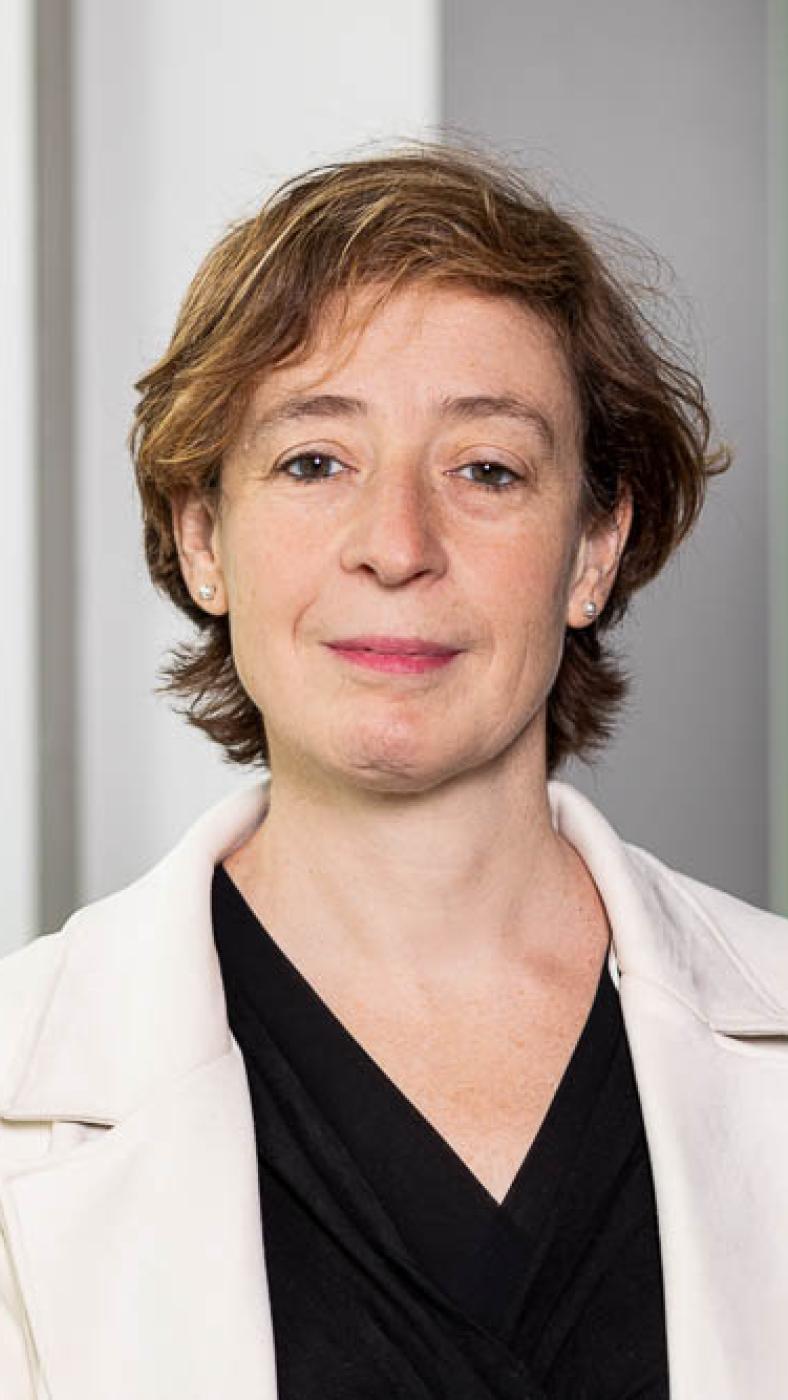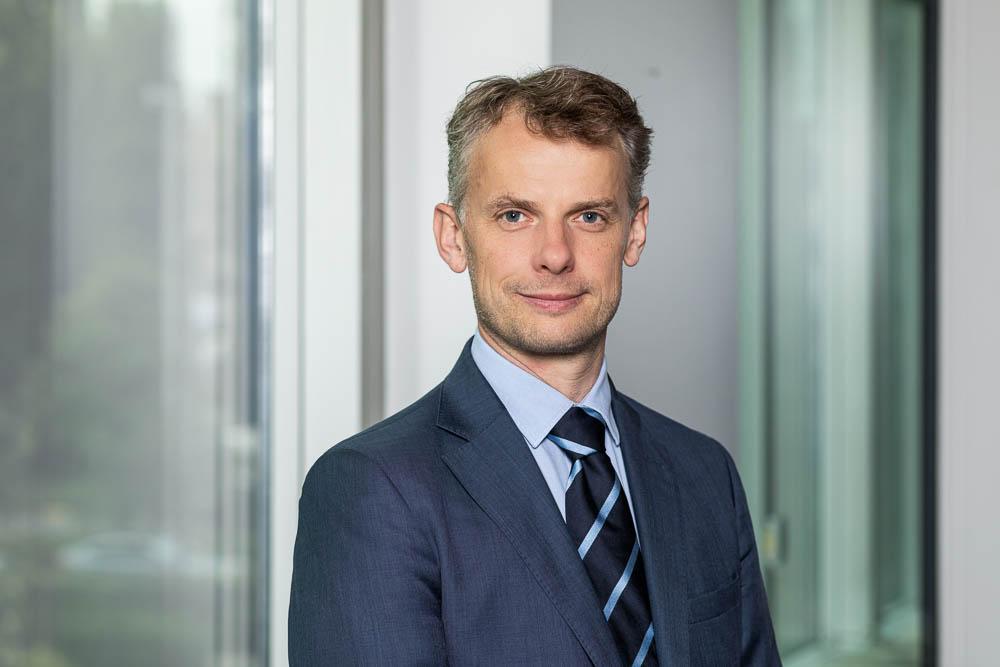
2024 will be a major election year in Belgium. As part of VUB’s public engagement programme, the BIRMM research group is organising panel discussions to offer scientifically supported insights on the subjects of asylum and migration – a crucial endeavour when most parties are politicising these issues.
The VUB carries out an array of scientific research on migration and diversity, across various disciplines, departments and institutes. In January 2018, BIRMM – the Brussels Interdisciplinary Research Centre on Migration and Minorities – was established, uniting 128 VUB researchers from 11 disciplines. BIRMM directors Prof Ilke Adam and Prof Florian Trauner shed light on what we can expect from the panel discussions.
Ilke Adam: “The recent Flemish media debate around the opinion polls indicated that migration is the pivotal issue for people. As a result, the far-right is leading in the polls. With elections on the horizon, it seemed prudent to offer voters a clear view. We’re gathering experts from various faculties for a panel discussion, alongside experts working in the field.

Ilke Adam
Are migration researchers more pro-migration than the general population?
Ilke: “You often hear this assertion from the right-wing. By thoroughly examining migration, its data and policies, we puncture the unrealistic promises of politicians. I was recently asked to comment on a party’s migration proposals. They aim to make asylum applications impossible for people who arrive on the territory irregularly. It’s important to frame this within the context of international human rights treaties that forbid such measures. Their other proposal is to buy asylum quotas from other EU countries. The EU’s new migration pact will offer that possibility, which is intended to reroute asylum seekers to other countries. Our research indicates that the issue is just as sensitive in other countries, and they are not likely to take on Belgium’s quotas, even for a fee. So, where should these asylum seekers go? Migration researchers, irrespective of their initial worldview, may well become more progressive as they see the realities of how things function. As migration scientist Hein de Haas put it: ‘Nobody asks if you’re for or against the economy.’ But with migration, they do. Yet economics, like migration, will always exist.”
Why has migration been high on political agendas for decades?
Florian Trauner: “During the Cold War in Europe, other issues took precedence, and we had different enemies. But since the fall of the Berlin Wall, migration increasingly took centre stage in the political discourse – also because we expanded towards Eastern Europe and more people migrated to Western Europe. It’s not merely about the numbers. Populists increasingly focused on migration, tying it closely to security concerns.”
Is the situation with migrant numbers as dire as many parties make it seem? Florian: “The percentage of migration has remained constant since WWII. Although there’s been a slight increase in absolute numbers, this applies to the entire population. Approximately 2.5 to 3.5% of the global population are migrants, a figure that has been relatively stable for decades.”
Ilke: “The public's attitude towards migration has also remained stable over the years, yet we see greater success for far-right parties. When they prioritise migration as an electoral issue, people follow suit.”
Migration remains stable, but some say that’s due to better-guarded European borders. Is that true?
Ilke: “That has made no difference. We’ve gone from 50km of fence to 3,000km, with a push-back policy that no longer respects human rights. Nonetheless, migration remains steady. People often overlook that the most politicised forms of migration are asylum and family reunification, yet the primary influx in Europe is due to labour migration. If you want an open economy, you will always need migrants.”

Florian Trauner
It seems we are in a bidding war of anti-migration. Why are so few political parties countering this issue?
Florian: “Far-right parties dictate the migration agenda, compelling other parties to emulate them and thus present a watered-down version of extreme right policies. Even centrist parties have shifted. Socialists, too, chart a toned-down extreme right course in the hopes of capturing votes. Curiously, labour migration is seldom discussed in this debate. People only see images of refugees in boats, and that defines the issue. Whereas, in reality, other types of migration are far more significant. Every year, around 2.25 to 3 million people from non-EU countries legally enter the EU, in sharp contrast to the 125,000 to 200,000 irregular arrivals. Our panel discussions aim to show that migration has many more dimensions."
Ilke: “We always kick off the EU Migration Policy course with quiz questions for the students, like ‘Which EU country issues the most residency permits to newcomers?’ Nobody thinks of Poland. Yet even before the war in Ukraine, Poland had a significant number of labour migrants. The common perception is that a migrant is non-white and unskilled, yet we have many more migrants within the EU.”
What happened to Angela Merkel’s slogan “Wir schaffen das”, or “we can handle this”?
Florian: “That was in 2015, at the height of what was deemed a migration crisis. But when we talk actual numbers, Germany is the only European country on the list of countries taking in the most asylum seekers. Europe only hosts a tiny fraction of the world’s refugees. The countries hosting the most are in the Global South. Take Turkey or Lebanon, for instance. In Lebanon, refugees make up about 20% of the population; in Europe, it’s barely 3%. We certainly should be able to ‘handle’ that. However, Belgium takes an excessively long time to make decisions, leading to people having to stay in asylum centres for prolonged periods with no space for new people.”
What would happen if borders were simply opened?
Ilke: “In a world of nation states, borders and passports, the idea of completely open borders is a fiction. They won’t just disappear tomorrow. More open borders actually allow for greater migration control than fewer. Closed borders don’t reduce migration; they lead to more illegal migration, more dangerous routes and human smuggling. If we open the borders more for legal migration, we can plan and control who comes in more effectively, not less. People then have no need to vanish under the radar.”
What kind of audience do you expect at the panel discussions?
“In general, people who are confused by the heated discussions and want to inform themselves. Definitely students, but not only students. The panels begin with a short presentation outlining the scientific research on the topic, followed by a multi-voice debate with experts working in the field. We’ve consciously chosen not to have political parties speak.”
Register now!
Four panel discussions in March, April, and May
27 March. Should Belgium attract more migrant workers? (In Dutch)
Politicians and the media typically focus on refugees and family reunification when discussing migration, while a significant portion of migrants come to Belgium for work. It’s often argued that we will continue to need labour migrants to keep our labour market afloat and to ensure that pensions remain affordable. Yet public debate seldom touches on how we organise this labour migration, how we plan to do so in the future and who we aim to attract to Belgium.
18 April. Diversity and integration: from metropolis to village (In Dutch)
The narrative of super-diverse cities like Antwerp and Ghent is well known, but recently, small and medium-sized Flemish towns have started becoming super-diverse: consider the towns in the Denderstreek area or cities like Leuven and Ostend.
21 May. Effects and challenges of anti-discrimination policies in 2024 (In Dutch)
Discrimination against ethnic minorities remains a serious issue. In recent years, there has been hardly any decline in discrimination in the labour market or the housing market, and we do not have a clear picture of long-term trends in discrimination in education or healthcare. However, we do know that inequality is manifest and structural.
28 May. The 2024 EU elections’ implications for EU anti-racist policy-making (in English)
Opinion polls suggest that right-wing and far-right parties that are critical of migration and diversity are likely to gain a significant number of voters in the EU elections in June. This could result in more seats for the Identity and Democracy group in the European Parliament. Such a shift could have various consequences for the EU’s anti-racism policy and civil society activism.
Don’t be misled: register here for one or more of the panel duscussions.
The world needs you
This initiative is part of VUB's public programme: a programme for everyone who believes that scientific knowledge sharing, critical thinking and dialogue are an important first step to create impact in the world.
As an Urban Engaged University, VUB aims to be a driver of change in the world. With our academic edcuational programmes and innovative research, we contribute to the Sustainable Development Goals of the United Nations and to making a difference locally and globally.
Create more impact Receive invitations for VUB's public activities

